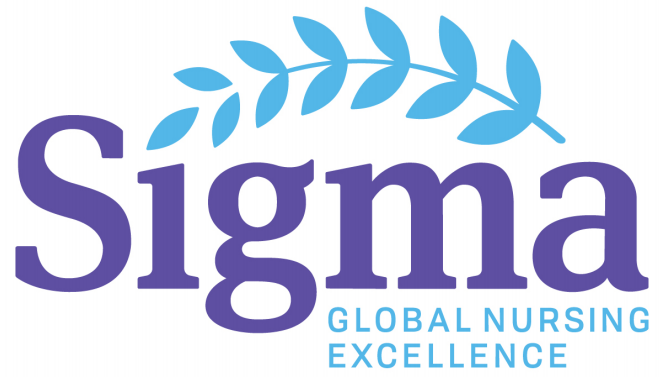Presenter Classification
Undergraduate Student
Presentation Type
Poster Presentation
Publication Date
4-14-2022
Start Date
14-4-2022 3:40 PM
End Date
14-4-2022 4:15 PM
Keywords
Childhood Obesity, social determinants
Abstract Type
Scientific Literature Review
Abstract
Introduction and Background
Childhood obesity affects 17% of children in the United States (Whooten et al., 2018). It is well understood that many social determinants contribute to the manifestation and improvement of this disease.
Purpose Statement
I aim to compare the impact of increased health education through medical professional to families and obese/overweight children compared to implemented physical activity in social and personal settings on BMI improvement among the obese/overweight children.
Literature Review
Searches performed through the Sherrod Library data base at East Tennessee State University included the following key words: social determinants, long-term study, physical activity, clinical, community and family. Research was not limited to the United States population.
Findings
Review of these studies showed marked improvement in BMI for physical activity programs in association with schools. These activities resulted in BMI z-score improvements of -0.22, when 60 minutes of physical activity was implemented 3-day/week prior to school (Whooten et al., 2018). Studies surrounding medical counseling and education alone reported minimal improvements to BMI and limited sustainable of these results at follow-up. However, frequent routine meeting with medical profession and obese children and their family resulted in increased Pediatric Quality of Life scores.
Conclusions
While implantation of multiple discipline may be required to improved BMI in obese/overweight children, physical activity in the public social setting shows to be promising compared to increased education and counseling from medical professionals alone in reducing BMI.
Included in
Interventions of Childhood Obesity
Introduction and Background
Childhood obesity affects 17% of children in the United States (Whooten et al., 2018). It is well understood that many social determinants contribute to the manifestation and improvement of this disease.
Purpose Statement
I aim to compare the impact of increased health education through medical professional to families and obese/overweight children compared to implemented physical activity in social and personal settings on BMI improvement among the obese/overweight children.
Literature Review
Searches performed through the Sherrod Library data base at East Tennessee State University included the following key words: social determinants, long-term study, physical activity, clinical, community and family. Research was not limited to the United States population.
Findings
Review of these studies showed marked improvement in BMI for physical activity programs in association with schools. These activities resulted in BMI z-score improvements of -0.22, when 60 minutes of physical activity was implemented 3-day/week prior to school (Whooten et al., 2018). Studies surrounding medical counseling and education alone reported minimal improvements to BMI and limited sustainable of these results at follow-up. However, frequent routine meeting with medical profession and obese children and their family resulted in increased Pediatric Quality of Life scores.
Conclusions
While implantation of multiple discipline may be required to improved BMI in obese/overweight children, physical activity in the public social setting shows to be promising compared to increased education and counseling from medical professionals alone in reducing BMI.



